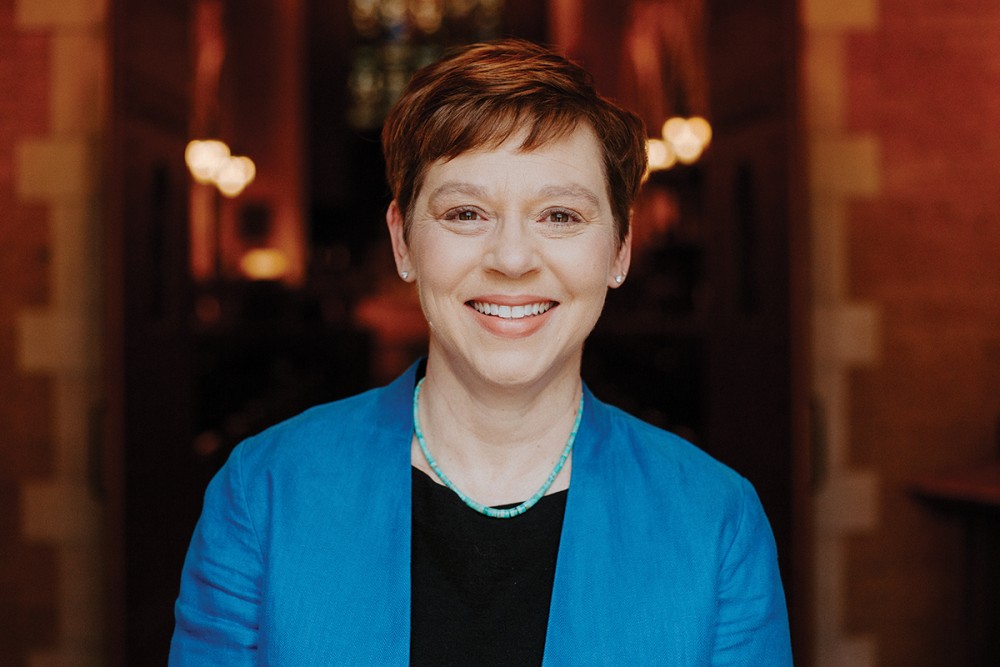Getting to yes on paid family leave
“We decided that we would be the last committee in the Episcopal Church to deal with this issue.”

Devon Anderson is rector of Trinity Episcopal Church in Excelsior, Minnesota. As chairperson of the Task Force to Develop Churchwide Family Leave Policies for consideration at the Episcopal Church’s general convention this month, she has channeled her lifelong passion for gender and racial justice into the process of creating an attainable proposal for paid family leave.
How did this task force for paid family leave come about?
At the 2018 general convention, a resolution passed asking that the appointed task force, in consultation with the Church Pension Group, create a comprehensive mandatory paid family leave policy for Episcopal Church employees.




